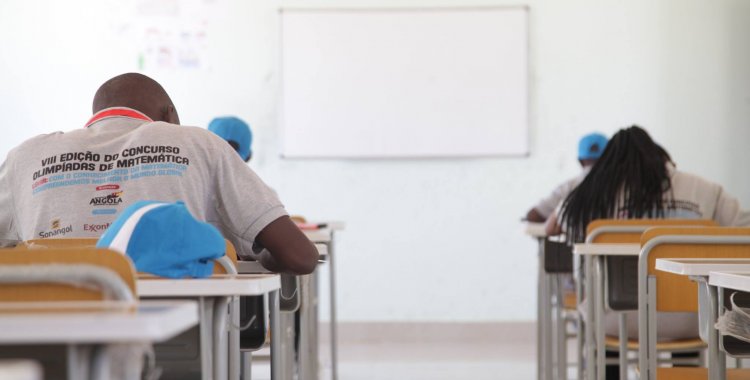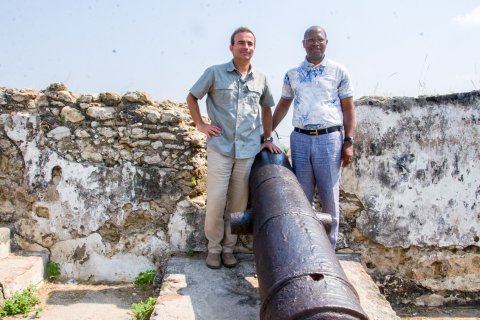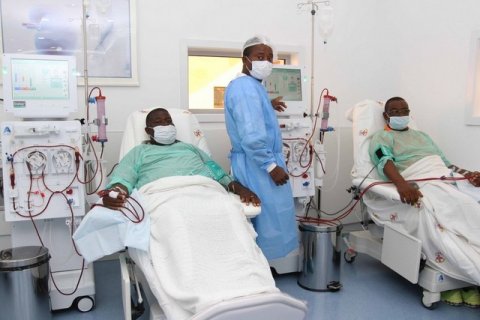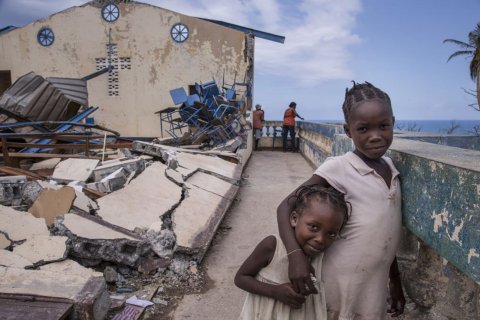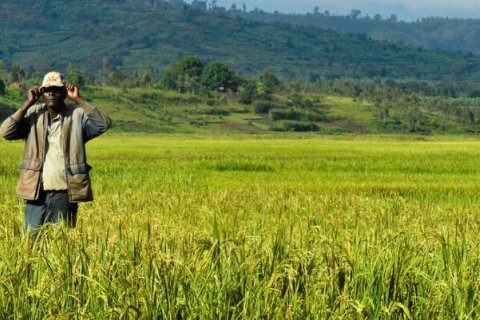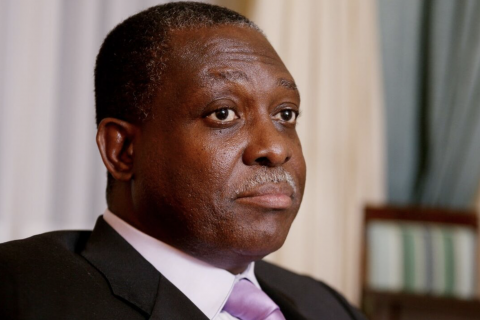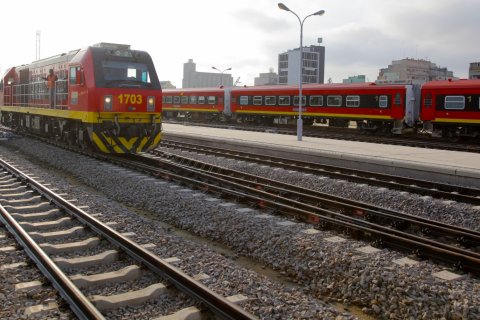Mathematics is currently seen as a subject that brings great difficulties in the teaching-learning process, both for students and teachers involved in it. On the one hand, there is a lack of understanding and lack of motivation among students in relation to mathematical content taught in the classroom in a traditional way, and on the other, there is the teacher who is unable to achieve satisfactory results in teaching his subject (PIOVESAN , ZANARDINI, 2008).
Given the above, it is possible to understand that the course of teaching and learning mathematics is considered complex, largely due to the stereotypical view of mathematics that has lasted for decades. For this reason, it is important to highlight the bravery of mathematics teachers because, in addition to teaching, they carry with them an arduous mission, which is the deconstruction of this paradigm about mathematics in the students' conception.
The role of the mathematics teacher goes beyond simply teaching a series of content and that's it. Their role reaches a greater dimension than what it actually means to teach, that is, the teacher needs to be constantly reinventing themselves, understanding and getting to know the students. In an extensive context, it needs to be part of students' lives, therefore, as highlighted by Lima (2007), it would be convenient for Mathematics teachers, in schools at all levels, to convey to their students that teaching this subject is one of the ways to prepare the nation for the future.
The process of teaching and learning mathematics in Angola requires numerous reflections, since the view of mathematics from the students' point of view is heavily focused on solving exercises. Many students think that the only purpose of mathematical knowledge is to carry out a test and consequently fail to understand the importance of its application and at what point in their training this problem will be essential. As educators and above all committed to social transformation, we have the enormous responsibility of deconstructing this vision and developing, in students, the ability to read and interpret the domain of Mathematics as a whole.
For Miguel and Miorim (2004), the purpose of teaching mathematics is to make the student understand and appropriate Mathematics itself, conceived as a set of results, methods, procedures, algorithms and construct, through mathematical knowledge, values and attitudes of of a diverse nature, aiming at the integral formation of the human being and, particularly, of the citizen, that is, of the public man.
From another perspective, when it comes to the process of teaching mathematics in contemporary Angola, one of the main obstacles for teachers in this teaching area is understanding students' difficulties given the different ways in which they receive content. The teacher necessarily needs to be endowed with a creative personality, to meet demands that are somewhat out of their control, as not everything that is desired is achieved, it is necessary to evaluate student learning and articulate different ways of transmitting content.
Like any other school subject, mathematics, at each historical moment, is shaped according to external factors, such as the social, political, cultural and economic conditions that involve school and teaching, and by internal factors, i.e. , those referring to knowledge in a specific area (GOMES, 2012). It is believed that the acquisition of knowledge is characterized by being a continuous stage, however the teacher needs to always be up to date with the differences that the teaching method provides and reinvent themselves whenever possible.
Finally, it can be seen that mathematics is the foundation of almost all areas of knowledge and has an architecture that allows students to develop their cognitive and creative level. Raising collective awareness of mathematical thinking means making Angolan society in general aware of the importance and applicability of mathematics in daily practice. It is essential to create lectures, mini-courses, competitions
academics and other ways to provide continuous and enhanced learning. As educators, we propose to find ways that improve the teaching and learning of mathematics and deconstruct an entire centralized and stereotypical concept about this area of teaching.


